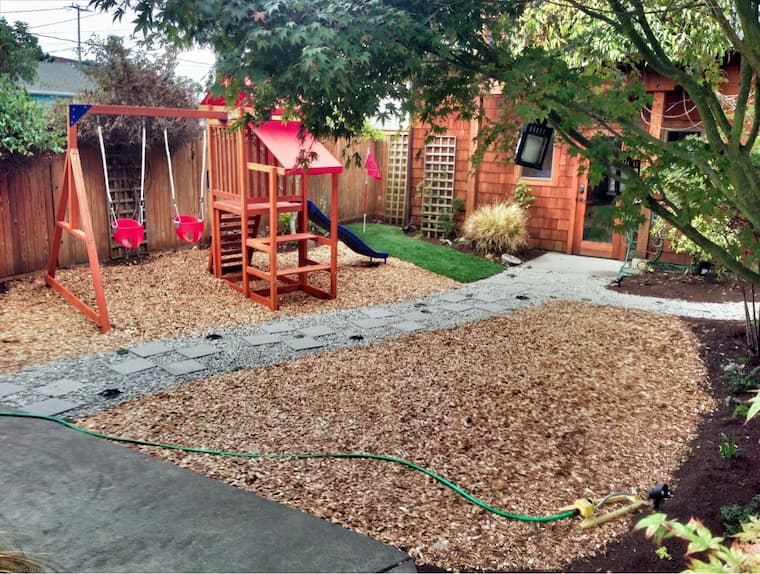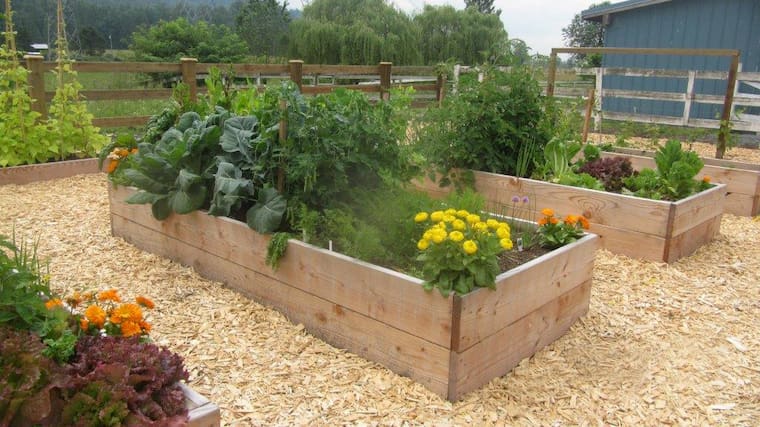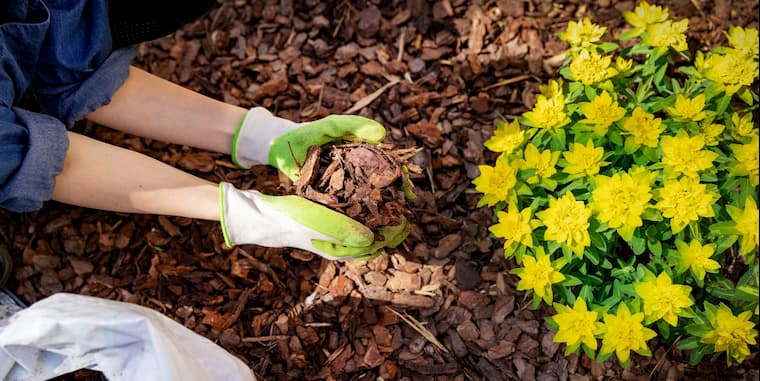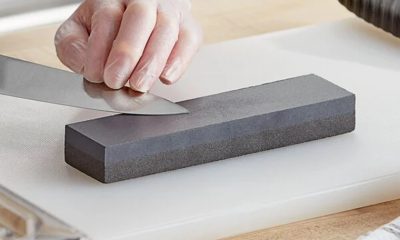Gardening requires some effort, even though it may seem like an easy job. You must invest your labour in it if you want to see your garden flourish. Hence, it’s important that you learn more about gardening, how to take good care of your plants and how to protect them.
When talking about gardening and its protection, the mentioning of mulch is inevitable. It is essential for keeping your plants properly nourished looking great and for reducing weeds in the garden beds. The different types of mulch like wood chips for yard offer protection as well since they function as a cover on top of the soil, preventing the roots from freezing over.
That being said, whether you’re grooming a fabulous front yard or growing your favourite veggies in the backyard, mulch can make each planting area healthy, earth-friendly and beautiful. Here’s everything you need to know about mulching.

Source: pinterest.com.au
What Is Mulch?
Any type of soil covering which is spread or laid on top of the soil is called mulch. Mulch can be applied to bare soil or cover the surface of compost in containers. This is one of the best, inexpensive and easiest methods to improve the soil quality for plant growth and to make your garden look more attractive.
Even though it’s mainly used to improve the health of the soil and the growth of plants, it can also serve as decoration. With mulch, you can cover up bare spots in your lawn or other unsightly areas.
Benefits of Using Mulch
When applied right, mulch can have many benefits for your landscape or garden, like for instance:
- Suppresses weeds and makes weeds that do sprout easier to pull;
- Reduces water i.e. slows water evaporation from the soil, so you don’t have to water that often. It can protect up to 75% water loss from soil evaporation;
- Slows stormwater runoff and prevents soil erosion. Less runoff means planting beds are absorbing more rain;
- Protects plant roots from extreme hot and cold temperatures. This is especially beneficial for shallow-rooted plants in cold regions and coddles crops as summer sizzles;
- Prevents soil compaction during downpours;
- Maintains soil nutrients. Over time mulch starts to break down with the assistance of the microbes and worms in the soil, and this is how it offers organic matter that’s necessary for the healthy growth of your plants;
- Prevents harmful organisms from splashing from the soil to plant leaves, which reduces disease outbreaks;
- Provides a barrier for edible crops coming into contact with the soil;
Offers a decorative finish – mulch gives planting beds a polished look, enhancing even the most basic landscape design.
All these benefits can make for healthier fruits, veggies, and flowers. For a more fruitful garden or luscious landscape, you should make sure to pick the best mulch for the job.

Source: denbow.com
Types of Mulch
There are two general categories of mulches: organic and inorganic. Let’s take a look at their characteristics in detail to help you decide which option is best for you.
Organic Mulch
These mulch materials break down over time, adding organic matter to the soil and helping to improve its structure. The organic, or also called biodegradable mulches, include formerly living material such as wood chips, chopped leaves, compost, straw, grass clippings, shredded bark, sawdust, pine needles, and even paper. Most commonly used organic mulches are the wood mulch, compost and straw.
Wood chips for yard are one of the cheapest options. There are two subtypes of them: softwood and hardwood chips. Hardwood works best around trees, shrubs, perennial beds, flower beds and borders. Softwood, usually made from pine, is typically used around large trees and shrubs. Wood chips are byproducts of the lumber industry and are generally dried and aged before being sold in large bags.
Garden compost will look very natural when laid around your borders. Before you apply it, ensure that your compost has been well broken down and then spread it out around the base of plants. It will enrich the soil and make plants happy.
Straw is ideal for lightly mulching newly seeded lawns and vegetable gardens. When used in vegetable gardens, it provides a welcoming home for spiders and other beneficial insects which will be helpful for keeping pest problems under control.

Source: goodhousekeeping.com
Inorganic Mulch
This type of mulch is also known as non-biodegradable. It’s permanent and doesn’t boost the fertility or structure of the soil. Since they’re non-biodegradable, these kinds of mulches don’t add any nutritional benefits to the soil and are much more decorative. Inorganic mulches include stone, rock, weed fabric, rubber, gravel of slate, etc.
The most frequently used inorganic mulch is rocks. Rock mulch is best for pathways, dry creek beds, landscaping around fire pits, etc. It lets water in and prevents the evaporation of water. It may cost a lot, but it rarely ever needs to be reapplied or topped off. However, rock mulch can absorb and reflect heat from the sun, causing the area to become too hot and dry for many plants. For this reason, they are best used for areas with no plants or drought resistant plants.














